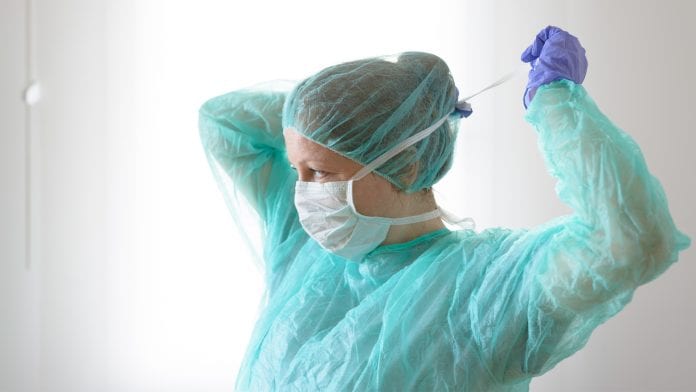
HEQ introduces our special feature celebrating the work of nurses and midwives in honour of 2020 as Year of the Nurse and the Midwife.
2020 marks the World Health Organization’s International Year of the Nurse and the Midwife, in celebration of the bicentennial of Florence Nightingale, the ‘mother of modern nursing’. In recognition of the irreplaceable work of nurses and midwives throughout European healthcare, HEQ is proud to partner with the European Federation of Nurses Associations for this special feature, delving into the practical and policy aspects of the profession.
In these unprecedented and incomprehensible times, the need for widespread institutional support for the public health system as a whole has never been so stark – while weekly applause may be heartwarming, the healthcare professionals we spoke to affirmed the necessity of well-funded, well-managed public health institutions. Nurses, whose workload necessitates large amounts of patient contact and who disproportionately suffer from missing or ill-fitting personal protective equipment, are some of the most at risk of contagion. Their continued essential work warrants overarching long term budgetary and pastoral support.
What would Florence do?
200 years on from the birth of Florence Nightingale, EFN Secretary Paul De Raeve compares Nightingale’s legacy with the ongoing lobbying efforts of the EFN. De Raeve’s analysis takes in EFN lobbying both at an EU level and on a broader scale, identifying the main outcomes and impacts of existing campaigns and examining potential future targets for further endeavours.
In their own words
We speak to nursing staff from around Europe about the challenges they face, the ways in which their work has changed in recent months and the broader impact of Covid-19 on the health sector.
Examining dissemination strategies
Paul De Raeve, along with Dean of the School of Nursing at Johns Hopkins University Patricia Davidson, reviews current dissemination models and strategies to broaden impact on societal challenges. This article assesses the societal impact of current dissemination models and proposes a review of social impact measurement based on multiple-constituency theory, an approach that takes into account multiple constituencies within the evaluation process promoting engagement and empowerment.
The view from Parliament
HEQ speaks to Brando Benifei MEP about EU action to combat Covid-19; the importance of both public and political support for healthcare workers; and the need for a wide-ranging, cohesive funding model in public health.
Digitising the system
Paul De Raeve and Smart4Health Co-ordinator Ricardo Jardim-Gonçalves explore the growing necessity for a harmonised standard of digitising the healthcare ecosystem through digitised European health records, with the aim of implementing cost effective healthcare provision, reducing the burden on frontline nurses and facilitating cross-border care. The authors focus particularly on the ways in which co-design and co-creation, with extensive end user input, can facilitate the development of sustainable healthcare ecosystems.
HEQ extends its collective gratitude and pride to Europe’s nurses and other healthcare professionals.
This article is from issue 13 of Health Europa. Click here to get your free subscription today.

























